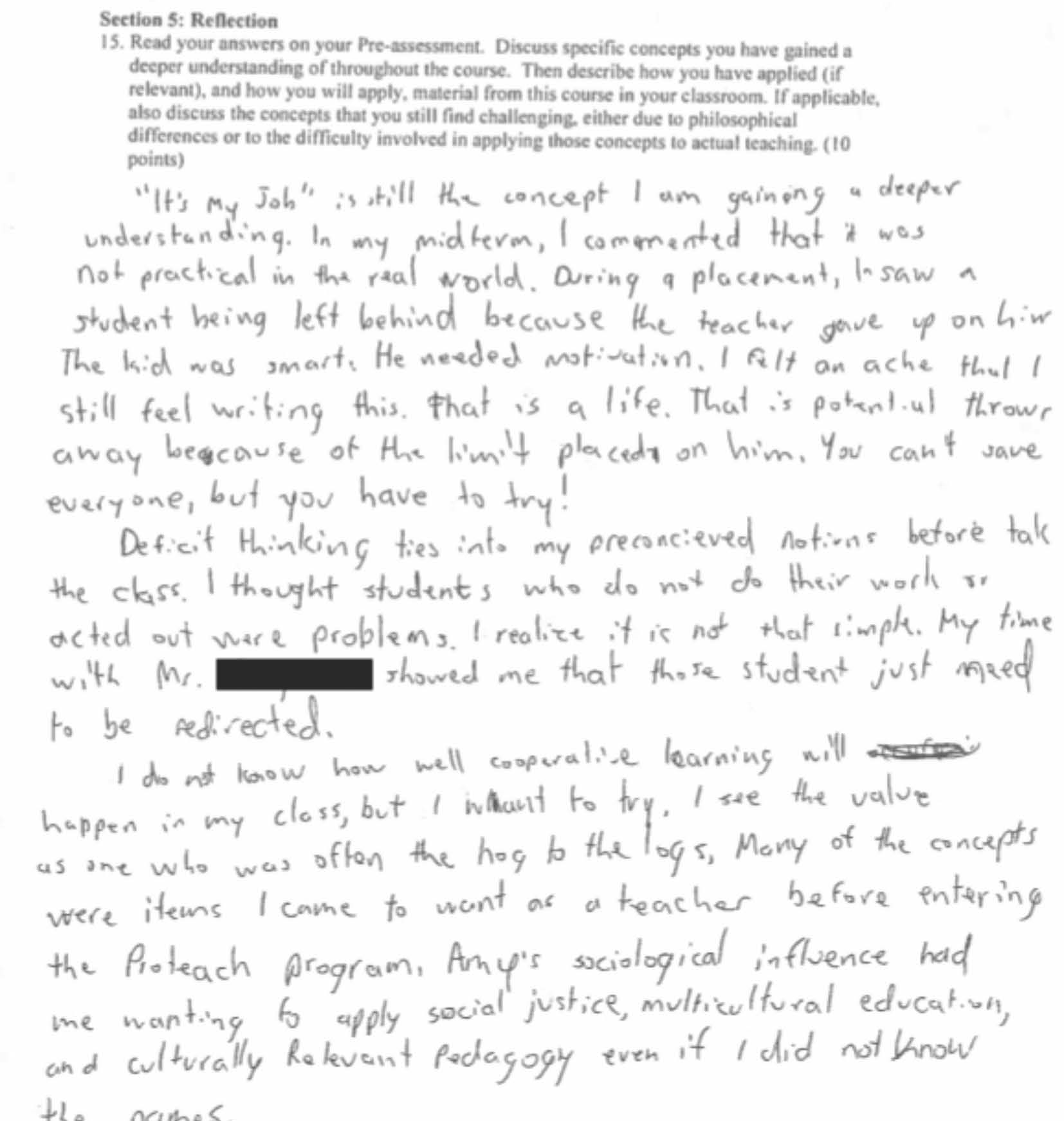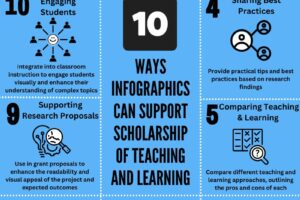
Using Inquiry to Transfer My Teaching Practices to Higher Education and Teacher Preparation
By Brianna L. Kennedy, PhD
As a former secondary school teacher and current teacher educator and teacher in higher education, I place a high value on teaching well. I have learned many things about teaching over the years, through both my research and my practice. One lesson continues to focus my work and challenge me. Even as an experienced educator, I continually need to calibrate my assumptions about effective assignments, my perceptions of student experiences, and students’ demonstrations of learning.
In the article “Effectively Teaching a Single Course in Multicultural Education to Pre-Service Teachers,” co-author Mark Preston S. Lopez and I report on such a re-calibration process. Through the inquiry we undertook, I discovered that my assumptions that field-based assignments were better than in-class examinations needed to have more contextualized nuance. It turned out that, in this case, in-class examinations better supported student learning. It also turned out that I underestimated the need for reflective assignments to address the affective dimensions of the course. The systematic nature of the inquiry process and the literature review we undertook as part of that process led to these realizations.
We feel quite lucky to have had the time and resources to undertake this inquiry to improve instruction. Unfortunately, such time and resources are not yet allocated in a systematic way to teachers in higher education. Building in professional development time and financial support for faculty members to undertake teacher inquiries could greatly strengthen the scholarship of teaching and learning. In the upcoming semester, I will have the opportunity to apply what I learned in this inquiry to an SCME at a different institution. I am curious what will happen as this inquiry continues to unfold in a completely different context.
Find the full TLI article here.




